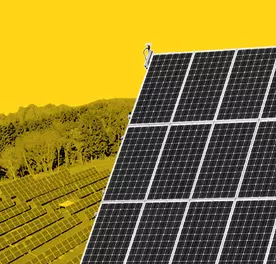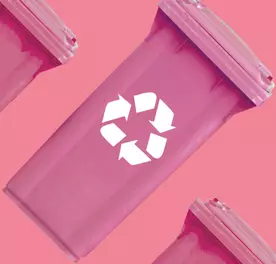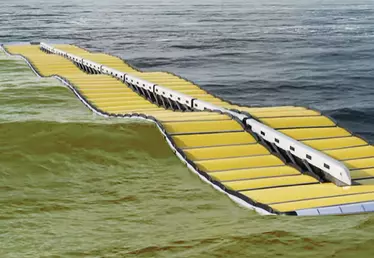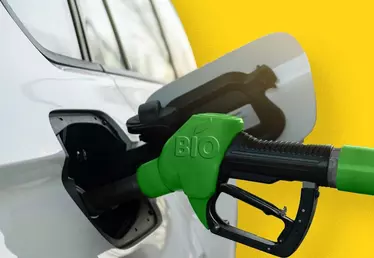
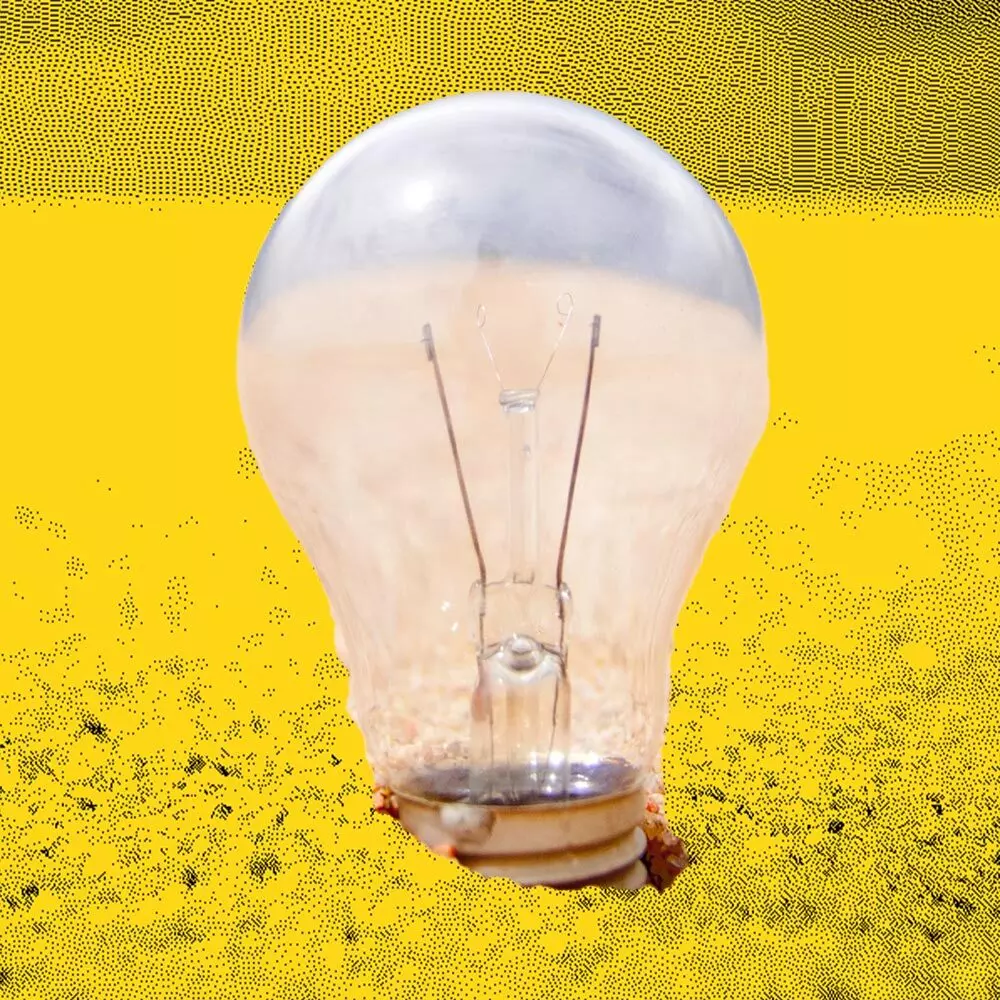
Hero banner custom title
What is energy sobriety, a disruptive notion you should know about?
3 min
In its latest report, the Intergovernmental Panel on Climate Change (IPCC) highlighted the role of individuals in limiting the effects of climate change through one lever: sobriety. But what exactly does this notion cover? How can it be implemented? And what would a more energy-sober lifestyle look like?
Sobriety and energy efficiency: two complementary approaches
First of all, it should be pointed out that the term “sobriety” is mainly used in France, whereas it is not used in English-speaking countries. Applied to energy, “sobriety means reducing our consumption by changing our lifestyles, uses and behaviour”, explains energy management expert and spokesperson for the negaWatt association Olivier Sidler. “Limiting waste, reducing our speed on the road, using objects that are tailored as closely as possible to our needs... are actions that contribute to this effort”.
In this respect, sobriety differs from energy efficiency because it relies on socio-cultural rather than technological levers to optimize consumption.
“Energy efficiency is everything that technology can provide to meet the same needs”
However, these two approaches are not opposed. On the contrary, they allow energy demand to be reduced in a complementary way. For example, lowering the heating by a few degrees in winter is part of an energy sobriety approach. In contrast, insulating a building to regulate the temperature is part of an energy efficiency approach. In both cases, the goal is the same: preserving the earth's resources by consuming less and consuming better.
Consuming less but better
The notion of sobriety also encompasses several dimensions. French sociology professor Marie-Christine Zélem lists the following:
• Sobriety of use, which consists in reducing the duration, use or frequency of use of energy-consuming equipment.
• Sobriety of substitution, i.e., replacing an appliance with a less energy-consuming alternative or ventilating a room instead of air-conditioning it.
• Sobriety of dimension, which means adjusting the use and size of appliances according to our needs, for example by heating a room only when it is used.
• Collaborative sobriety, which relies on the sharing of equipment to save energy - this is the case with carpooling.
Speaking of these different types of sobriety, Marie-Christine Zélem adds that “all of them make it possible to save energy without reducing the comfort of our modern lives”. In addition to individual behavior, she also points out that sobriety can be implemented on an institutional scale through regulations, as was the case with the ban on heated outdoor terraces in France.
It is clear that sobriety is closely linked to changes in individual and collective behavior aimed at prioritizing essential energy needs to reduce demand. These changes may be perceived as restrictive, but is this really the case?
Is sobriety desirable?
While sobriety will not solve everything, it represents “a potential energy saving of around 20-30% per year”, emphasizes Olivier Sidler. But to have an impact, a change of scale is necessary, based on a wider structural and cultural change.
The IPCC reports that it is possible to halve CO2 emissions by 2030 if we adopt clean technologies coupled with more sober production and consumption patterns.
And this must be done in a systemic way in order to be able to act on all the issues related to climate change.
However, the notion of sobriety remains divisive as it can be perceived as a form of renunciation. But how can we convince citizens who are used to living without worrying too much about their consumption to change their behavior? “By making them more aware.” replies Olivier Sidler. “Sobriety is not synonymous with scarcity, it allows us to satisfy the same needs differently, by optimizing our consumption and preserving resources. It can certainly lead to a bit of degrowth, but not less happiness, because it makes our societies more resilient”. For its part, ADEME, the French environment and energy management agency, indicates that sobriety can only be an effective lever if it is based on “sober, but also realistic and desirable future life scenarios” in order to win the support of the greatest number of people.
Although these sobriety measures, or “eco-gestures”, will not change the situation in the short term, they are nevertheless an important lever for accelerating the energy transition. Public authorities have an essential role to play in implementing incentive measures, for example to encourage people to switch to electric vehicles, and to rally communities. Beyond that, sobriety also questions our model of society and our personal aspirations. What if happiness and sobriety were interconnected?
Share it:


